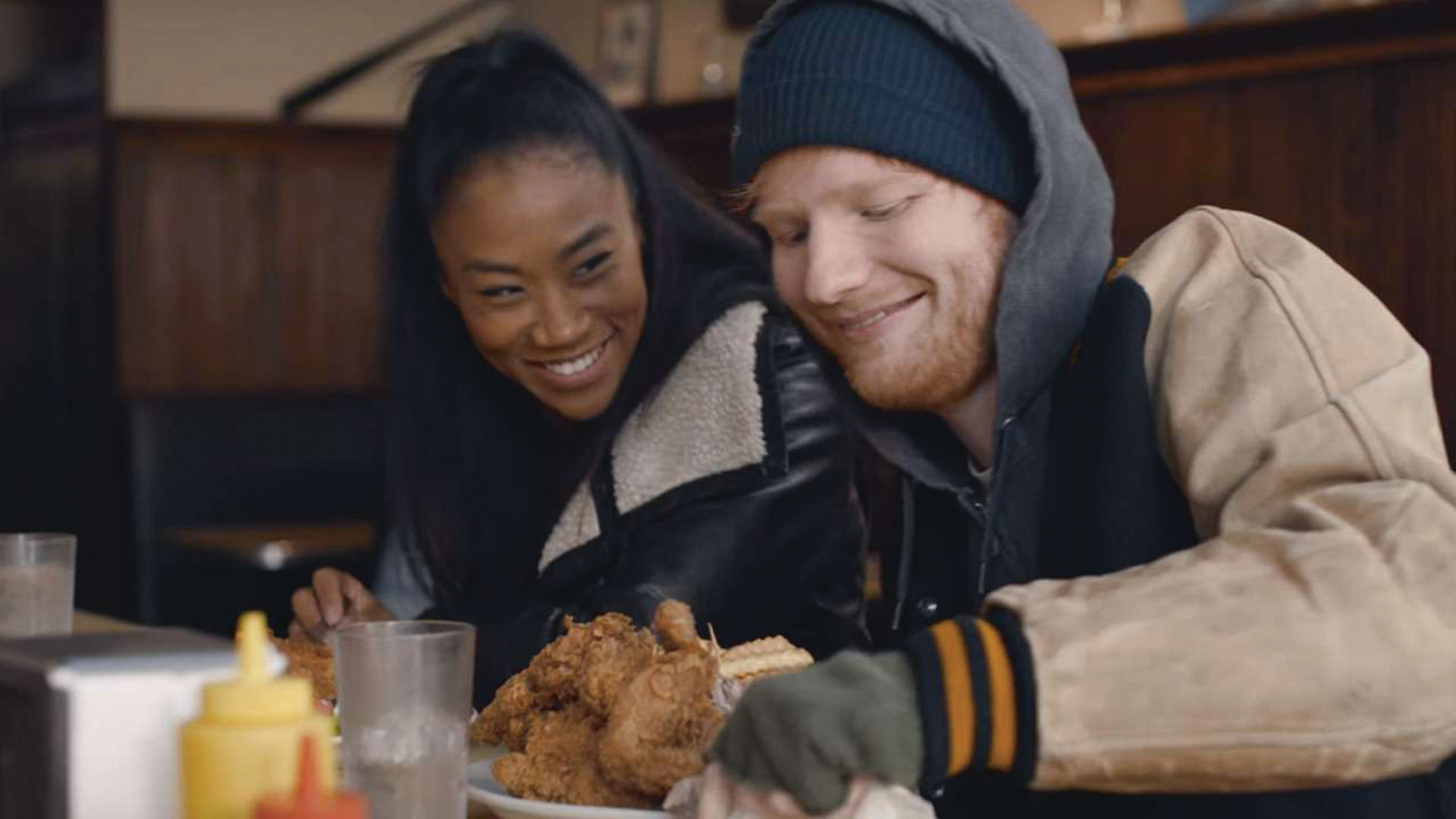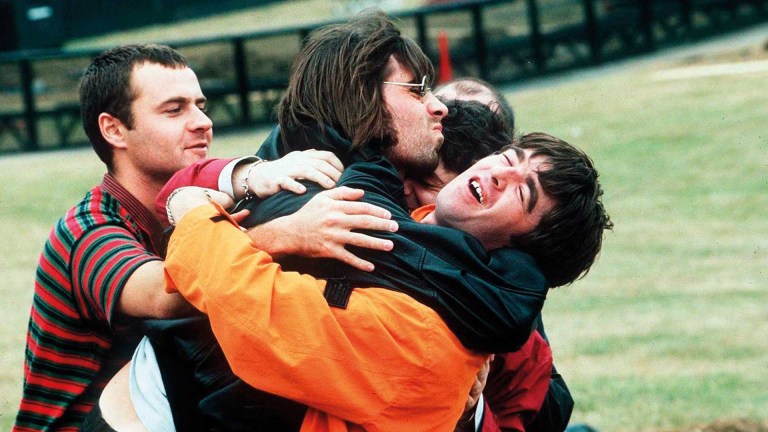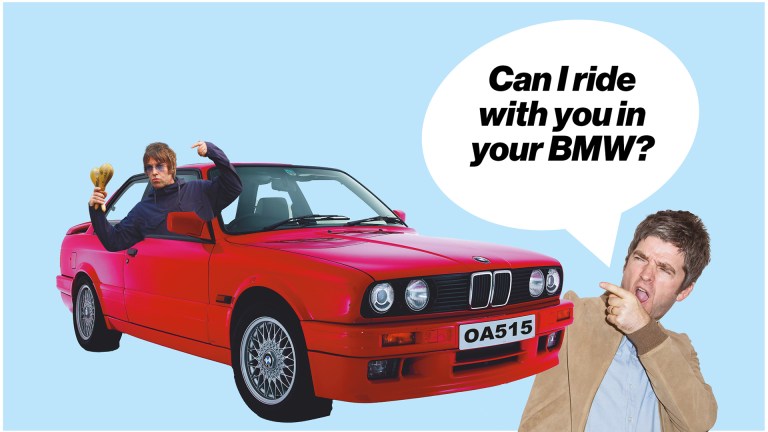I can vividly recall the first time I logged in to Spotify a few months after its launch exactly 10 years ago this October, finding endless quantities of my favourite music available to listen to instantaneously at a few clicks entirely for free, and wondering – what’s the catch?
Sure, Napster and all that had long since inured us to the guilty pleasure of no longer paying for music in any meaningful sense. But this was something new. None of the fiddly finding and waiting and fluctuating audio quality that came with extralegal downloading. None of the risk of accidentally inviting some horrible virus onto your hard drive, or even worse, a homemade video of a hairy overweight naked man doing something awful to himself which your eyes could never again unsee. Sure, you had to put up with the occasional obnoxious made-in-a-shed quality advert on Spotify. Otherwise it all felt impossibly slick, shiny safe and legit.
There is a catch of course, as any conscientious user is by now sheepishly aware. It’s that the artists whose music you enjoy limitlessly on Spotify for at most the cost of a CD a month – and then only if you want the annoying ads turned off – on average get reimbursed so pitifully as to scarcely even be able to afford to print off a bankruptcy application form with the proceeds.
There’s an argument that goes that Spotify and the streaming revolution which it leads ahead of rivals Apple, Pandora and Tidal to the tune of close to 40 per cent market share has saved the music industry by warding off the thoroughly unregulated scourge of free downloading. Maybe it has, or maybe it’s roughly the same thing as downloading but in a more sanctioned and user-friendly form, and only then because it makes money for people (as already mentioned, not the artists). Either way, I’d be a hypocrite to protest because I use Spotify all the time. Spotify’s bloody great, I’ve got a premium account. I’m using it right now in fact. This playlist of relaxing piano music for cats (literally a thing) won’t listen to itself.
Gone was the risk of accidentally downloading a homemade video of a hairy overweight naked man doing something awful to himself which your eyes could never again unsee
Which is why, as the Scandi streaming giant marks a full decade since it first went live in its native Sweden before a gradual roll-out to now 65 regions worldwide, I seek to neither wag a finger nor sing its praises. Spotify, whether we like it or not, in many ways is the epicentre of the music industry as it presently exists (the company floated on the New York Stock Exchange earlier this year at an eye-watering estimated value of around $25 billion). For the foreseeable future, there it shall remain, at least until another better streaming service usurps it, or the next new iteration of music consumption renders it obsolete like so many mediums before it. The latter seems more likely, judging by the example of the Jay-Z-owned Tidal, which after a high-profile relaunch in 2015 with a stunningly weird press conference (video below) that saw Alicia Keys quote Nietzsche and Madonna do a weird thing where she straddled a table, is rumored to be only months away from closure due to tanking finances.










